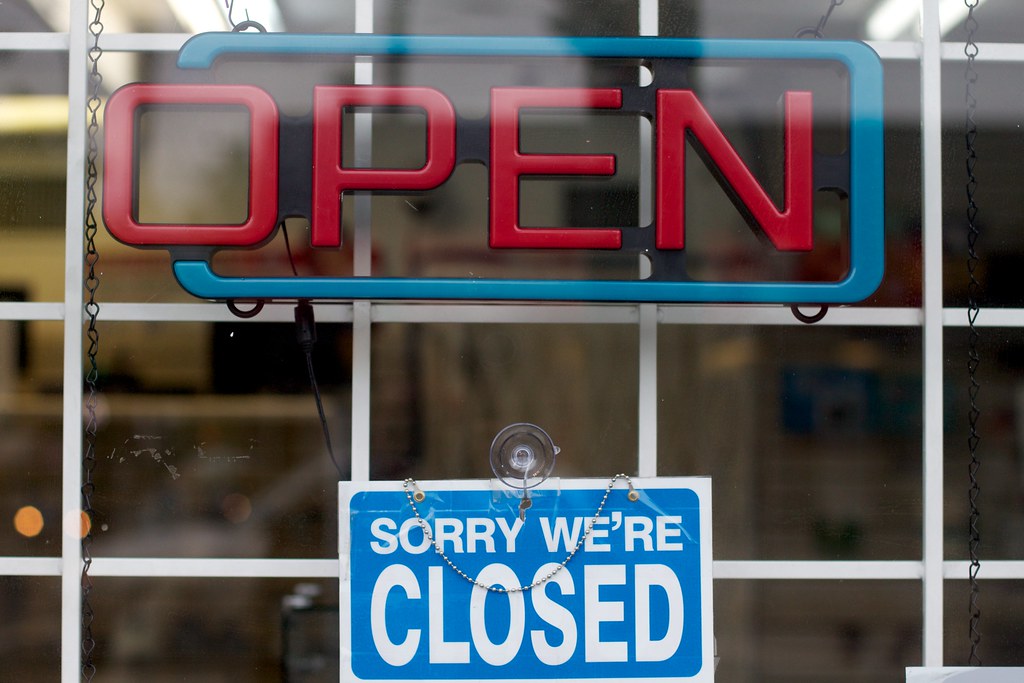Canada not yet expanding drug decriminalization nationally: feds

Posted June 1, 2022 11:52 am.
Last Updated June 1, 2022 12:23 pm.
A day after B.C. was granted an exemption to federal drug laws, the Trudeau government says it’s not looking to expand the move to the rest of the country just yet.
The exemption announced Tuesday will allow the province to decriminalize simple possession of some illicit drugs, starting next year. The historic move is aimed at helping deal with the opioid crisis, by taking a health-based approach rather than a legal one.
“There isn’t, at this stage, any larger discussion on decriminalization,” said Justice Minister David Lametti on Wednesday.
Prime Minister Justin Trudeau notes the federal government is still interested in working with jurisdictions like Edmonton and Toronto, which have also asked for exemptions to deal with the opioid crisis.
However, he says the government needs to ensure those places are ready first, with the proper systems and supports in place.
“And if we move forward, that it is not just a single solution, that it is a full wrap-around approach like we’re trying to create in B.C.,” the prime minister said Wednesday.
“You don’t want to do it without the system and the supports in place, and that’s what we were really focused on with B.C., to make sure that it wasn’t just flipping a switch.”
The exemption for B.C. has been applauded by some, who say this is one step forward in addressing the drug crisis. However, others have been critical of the drug limit set out, with advocates in B.C. saying 2.5 grams is too little.
There are also calls for more action, with experts saying decriminalization alone will not stop deaths.
Meanwhile, Conservative MP Brad Vis doesn’t think enough is actually being done on mental health and addiction supports. He doesn’t believe this change will do much in B.C.
“What in addition is decriminalization doing other than being symbolic, when it’s already the defacto process of our law enforcement,” he said.
The comments come ahead of a vote later Wednesday on a private member’s bill from the NDP that calls for national decriminalization.
On Tuesday, federal Mental Health and Addictions Minister Carolyn Bennett announced B.C.’s request for an exemption to the Controlled Drugs and Substances Act (CDSA), pursuant to Section 56(1), was being approved.
Related articles:
-
B.C. to decriminalize small amounts of drugs, first province granted exemption
-
2.5 grams for drug decriminalization in B.C. is not enough: advocates
-
Dr. Bonnie Henry speaks to ‘massive gap’ in B.C. addictions help
The exemption will apply to all adults over the age of 18 within B.C., with personal possession only up to a cumulative amount of 2.5 grams of opioids, cocaine, methamphetamine, and MDMA included.
“The crisis has worsened. The increasingly toxic illicit drug supply has exacerbated the already heartbreaking loss of life,” Bennett said. “For far too long this wave of loss has been the reality here in British Columbia and across the country.”
B.C. became the first Canadian jurisdiction to be allowed to decriminalize possession of small amounts of drugs for personal use.
The exemption period begins Jan. 31, 2023 and is set to be in place for three years, ending on Jan. 31, 2026. Health Canada notes the exemption may be revoked or replaced by another.
During the exemption period, there will be no arrests or charges against people who are found to have 2.5 grams or less of the substances listed above for personal use. The drugs will also not be seized.
B.C. declared a public health emergency in 2016 over drug-related deaths.








